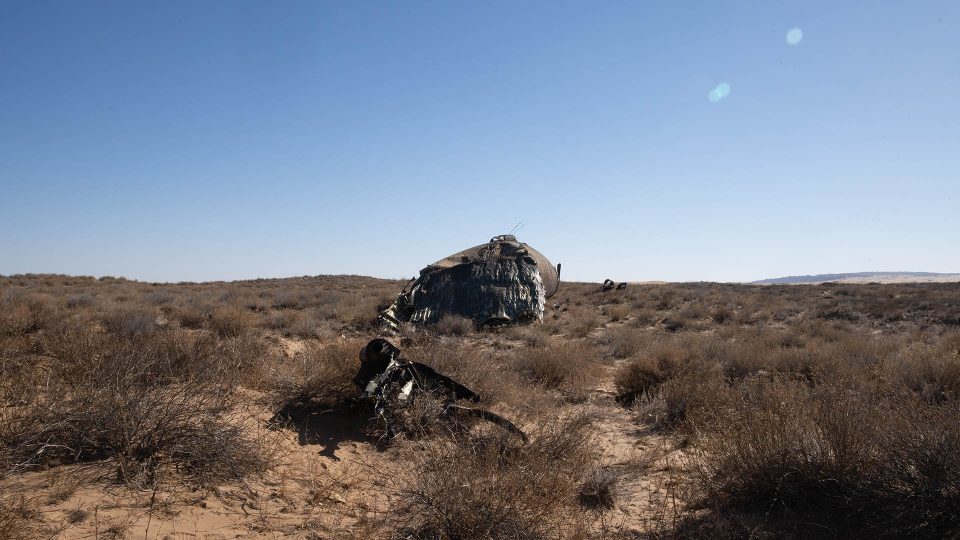
81. Venice Film Festival

80. Venice Film Festival

79. Venice Film Festival

The Biennale Arte Guide
Foreigners Everywhere

The Biennale Architecture Guide
The Laboratory of the Future

The Biennale Arte Guide
Il latte dei sogni

For three days, from July 24 to 26, the Universe Pavilion will transform into a living system to explore the psychology of isolation in space, hosting “A Study in Isolation”, a performative laboratory conceived by Jan Świerkowski. The project reflects on the psychological and physical dimensions of confinement and resilience, and takes shape through the first commissioned performance by Nepalese artist Amrit Karki, who will inhabit the space for two consecutive days, turning it into an experiential research environment.
On July 26, from 5 to 7 PM, Karki’s performance will culminate in a special event featuring a 20-minute live act by AMAZUMI – an artist blending rap, sound, and movement – and a panel conversation on analog space missions with Claudia Schnugg, Jan Świerkowski, Leszek Orzechowski, and Claudia Kessler.
“A Study in Isolation” was developed following a simulated space mission at LunAres, an analog research station located in a former Soviet military facility in Piła, Poland. Created by Świerkowski with associate curator Aishwarya Kumar, the project is part of a residency program focused on shelter, isolation, and survival in extreme environments.
Artists Amrit Karki and AMAZUMI both took part in analog missions at LunAres, translating their experiences into performative language. Karki’s intervention unfolds over three days as a meditative, slow-paced action marked by repetition and stillness, mirroring the psychological cycles of isolation. AMAZUMI’s response, on the other hand, is a short yet intense burst of rap, spoken word, and waacking – a performance that embodies resistance and transformation, giving voice to the raw emotional landscape shaped by isolation.
AMAZUMI is the first Indigenous Yakthung artist to participate in an analog space mission.